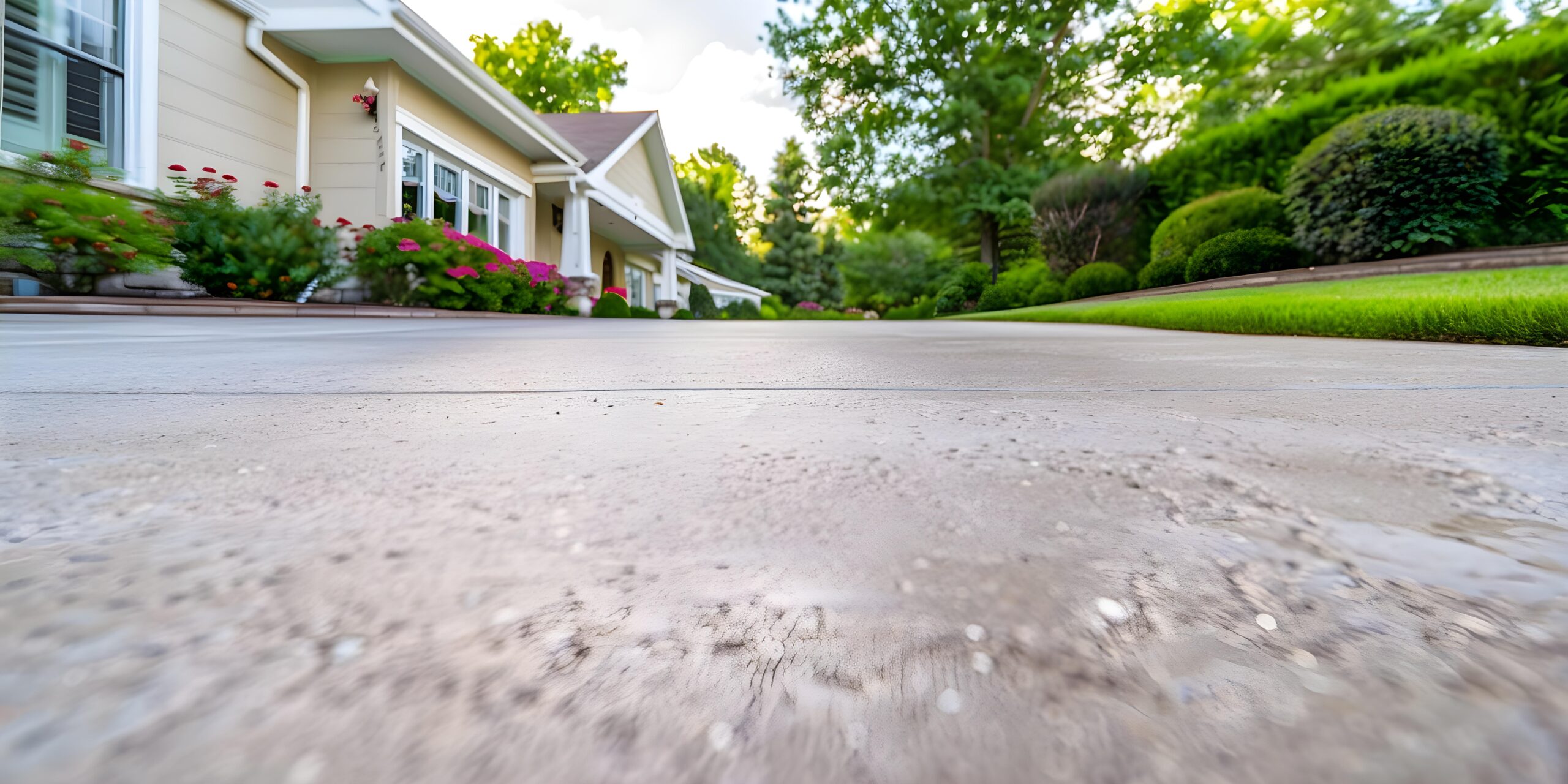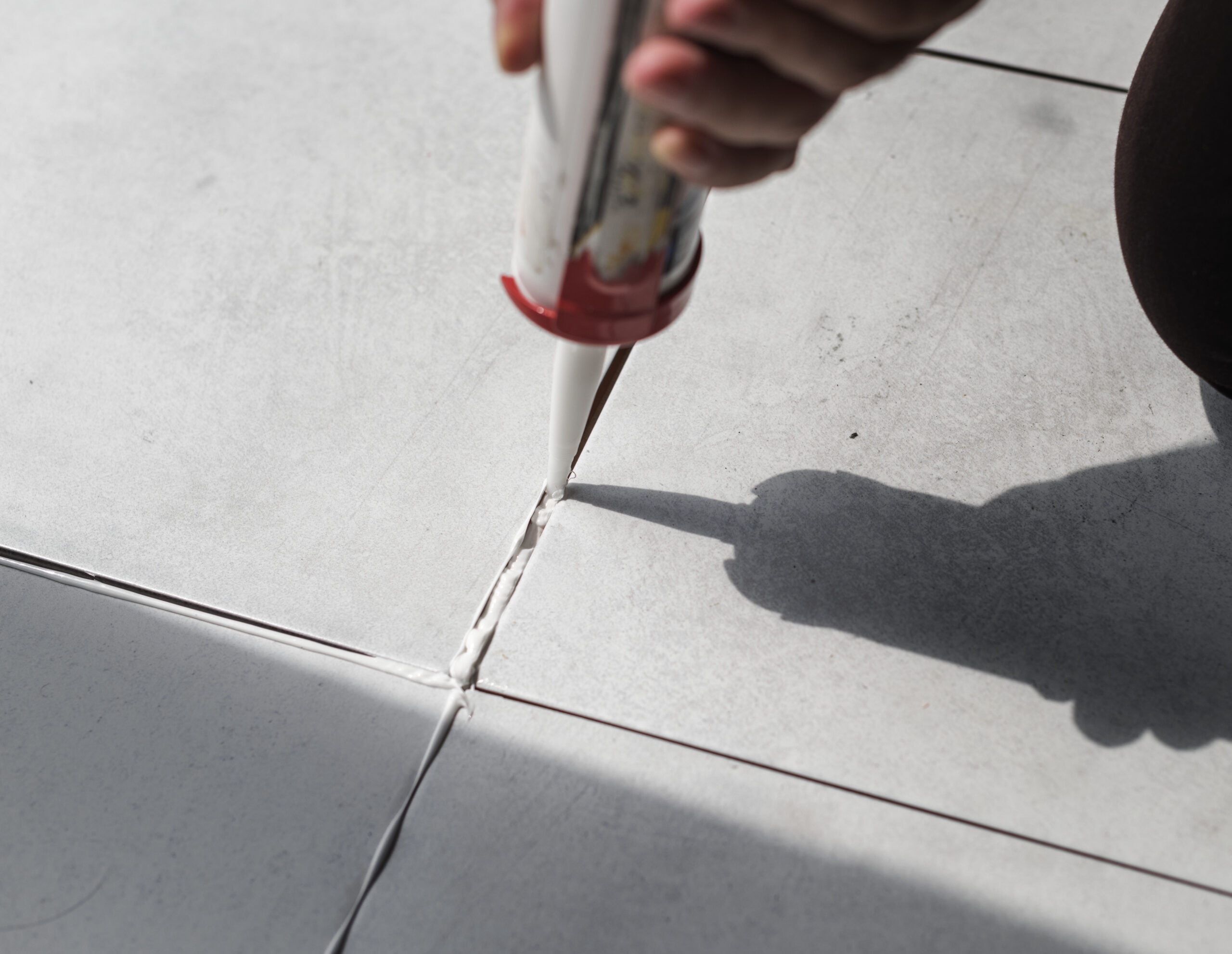Concrete Driveway Maintenance Tips: How to Extend the Life of Your Driveway in Long Island, Brooklyn, and Queens
A concrete driveway is a durable, long-lasting investment that enhances the curb appeal and value of your home. However, like any significant investment, it requires proper care to maintain its appearance and structural integrity, especially in areas like Long Island, Brooklyn, and Queens, where weather conditions can take a toll. In this article, we’ll provide comprehensive tips on how to maintain your concrete driveway and extend its lifespan, addressing common concerns, maintenance practices, and repair options.
Whether you’re a new homeowner or looking to repair an existing driveway, these tips will help you get the most out of your investment. A concrete driveway is known for its strength and durability, but exposure to the elements, heavy vehicles, and everyday wear and tear can lead to cracks, spalling, and discoloration over time. Without proper maintenance, these issues can worsen, leading to costly repairs. Regular care for a new concrete driveway not only prolongs its lifespan but also keeps it looking clean and well-kept, which is important for maintaining your property’s value in places like Long Island, Brooklyn, and Queens. One of the most effective ways to protect your concrete driveway is by applying a concrete driveway sealer. Sealing acts as a barrier, protecting the surface from moisture, oil spills, road salt, and the freeze-thaw cycles that are common in the New York area. Keeping your concrete driveway clean is a simple yet vital step in maintaining its longevity. Regular cleaning helps prevent dirt, debris, and chemicals from breaking down the surface. While concrete is incredibly strong, it’s not immune to damage from excessive weight. To avoid cracks and surface damage, it’s important to manage the types of loads your concrete driveway is exposed to. Over time, it’s common for minor cracks to appear in your concrete driveway. These cracks are often caused by the natural expansion and contraction of the concrete due to temperature changes, particularly in areas like Long Island, Brooklyn, and Queens. However, if left unchecked, small cracks can expand and lead to more significant damage. In Long Island, Brooklyn, and Queens , winter can be especially tough on concrete driveways. The repeated freezing and thawing of water can cause cracks and surface flaking, also known as spalling. If you’ve recently installed a new concrete driveway, proper care during the first year is crucial to ensure long-term durability. When it comes to ensuring your concrete driveway remains in top condition, choosing the right contractor is key. Working with experienced concrete driveway contractors near me ensures that your repairs, sealing, or new installation is done to the highest standard, with a focus on local conditions. At The Mudjacking Contractor, we understand the unique challenges homeowners in Long Island, Brooklyn, and Queens face with their concrete driveways. Our team offers expert services, from sealing and resurfacing to full repairs, ensuring your driveway stays strong and beautiful for years to come. Maintaining a concrete driveway in Long Island, Brooklyn , or Queens requires regular care and attention, but the effort is well worth it. By sealing, cleaning, and addressing repairs early, you can extend the life of your driveway, protect your investment, and keep your home looking its best. If you’re looking for help with concrete driveway repair options , sealing, or new driveway installation, contact The Mudjacking Contractor . We are experienced, local professionals who understand the unique needs of homeowners in your area. Call us today at (347) 284-0280 for a free consultation and let us help you maintain the beauty and durability of your concrete driveway!Why Maintenance Matters for Your Concrete Driveway
1. Seal Your Concrete Driveway Regularly
Benefits of Sealing:
When to Seal Your Driveway:
Choosing the Right Sealer:
2. Clean Your Driveway Regularly
Cleaning Steps:
3. Protect Your Driveway from Heavy Loads
Best Practices:
4. Address Cracks and Damage Early
Concrete Driveway Repair Options:
5. Protect Against Freeze-Thaw Damage
Winter Protection Tips:
6. Care for Your New Concrete Driveway
New Driveway Care Tips:
7. Choose the Right Contractor for Repairs and Maintenance
Conclusion: Protect Your Concrete Driveway for Years to Come


